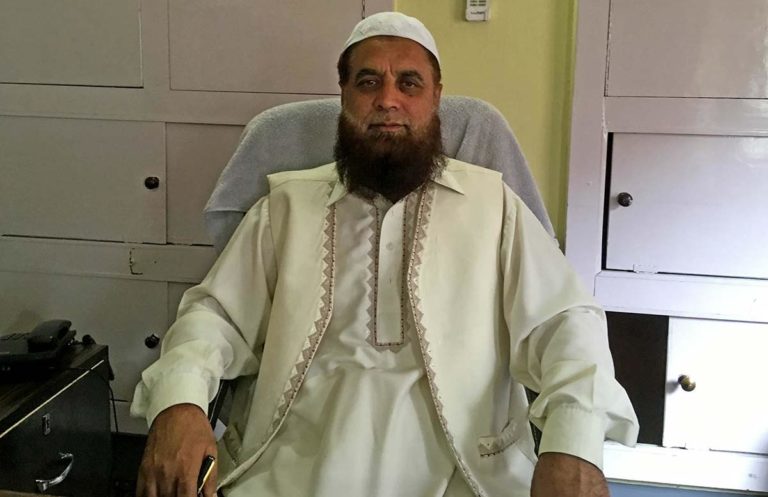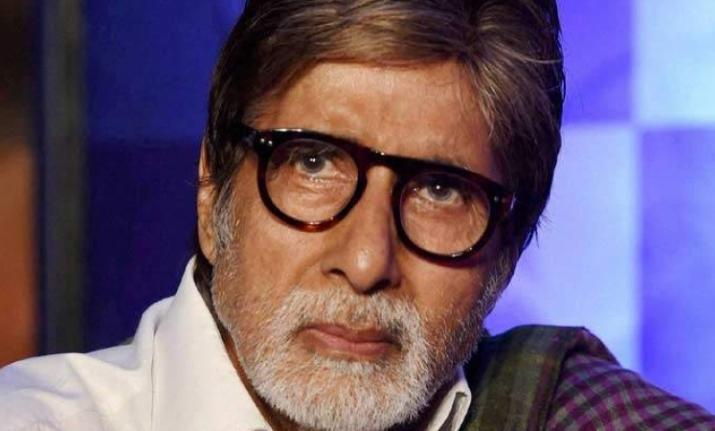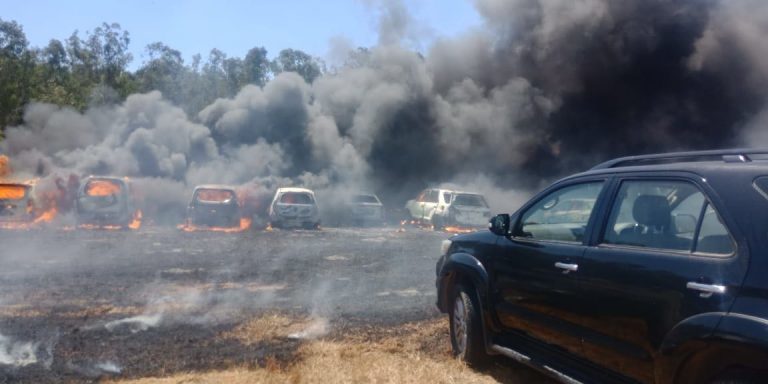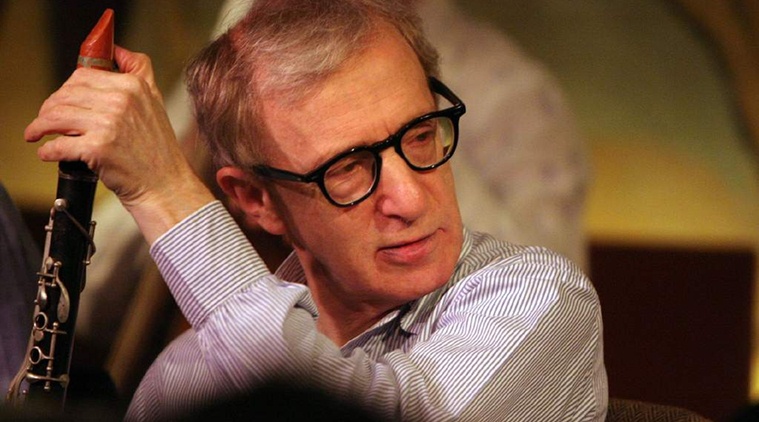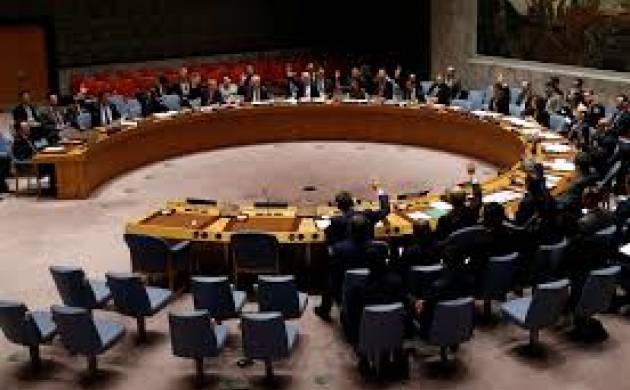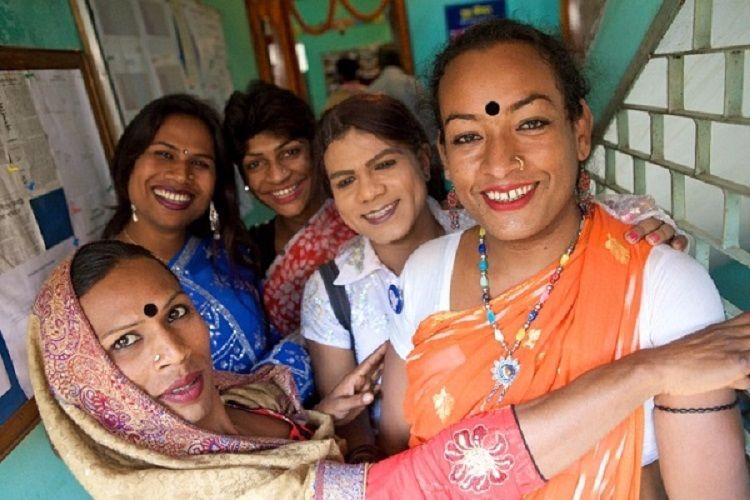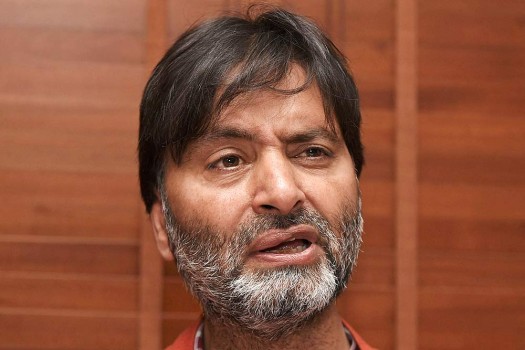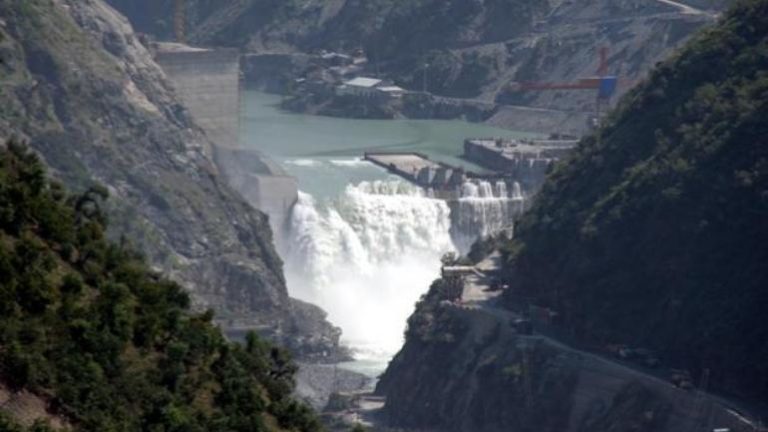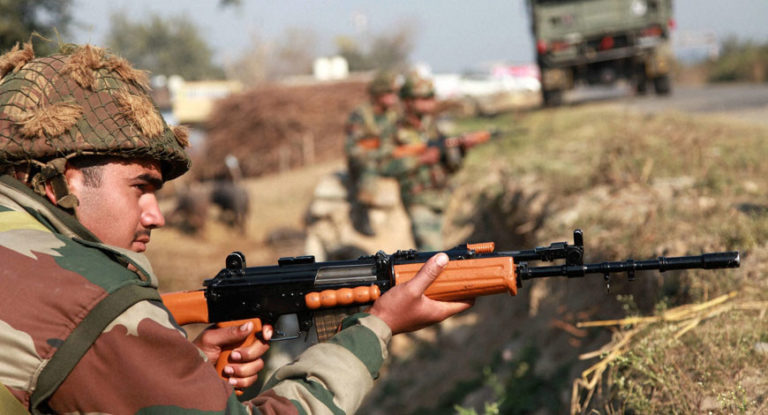The heavily lopsided Indus Water Treaty (IWT) favours Pakistan by allowing it to use 80.52% water from the Indus basin while India gets a meagre 19.48% river waters. It’s time to renegotiate this treaty.
Our recalcitrant western neighbour Pakistan is no ordinary nation state and its abnormal behaviour is a trait too deeply entrenched. It is every sense of the word an abnormal phenomenon and all attempts to deal with it in normal manner have failed. The abnormalities in Pakistan’s behaviour and conduct springs from its thought that people like Maulana Masood Azhar of Jaish-e-Mohammed (JeM) are assets, and not a serious liability for the country. Assets useful against India, and the assets which give it a weightage beyond conventional means.
JeM had masterminded the attack on the Indian Parliament on December 13, 2001 giving a serious setback to any progress in bilateral relationship between India and Pakistan. It was also behind the Uri attack and the most recent Pulwama attack.
Unfortunately, these terrorist attacks together have now come to define the Indo-Pak relations. For some time in the foreseeable future too, these attacks will remain the touchstone of Pakistan’s behaviour towards us.
Pakistan has consistently behaved in very obnoxious ways vis-a-vis India and we have condoned it too often. The attack in Pulwama on February 14, 2019, has finally led us to change our behaviour and treat it differently. The ramifications of the Pulwama attack will be far and wide. The time is here and now we need to treat it as an abnormal entity and calibrate our response accordingly.
Pakistan is in dire straits economically and is barely able to keep itself afloat on borrowed money. It bears mention here that its economy is basically agrarian and provides sustenance to a large section of its population in Punjab as also Sindh, two of its main provinces. Its dependence on agriculture is presently more than ever before.
It is here that Indus Water Treaty (IWT) signed in September 1960 can come in handy for pursuing Indian interests. It bears mention here that under this treaty, brokered by the World Bank, India gets only 19.48% of the Indus basin waters and 80.52% are given to Pakistan as its share.
On the face of it, Indus Water Treaty (IWT) appears as a treaty heavily loaded in favour of Pakistan and yet India has honoured it diligently all these years. Despite this obvious fact, it is often that Pakistan makes noises about India violating this unequal treaty.
It is a treaty which needs to be negotiated afresh with Pakistan, and India should pitch for a larger share of the waters of the Indus basin rivers. Times have changed and this treaty needs to be reopened for a more equitable distribution of these waters. All these years since 1960, when it was signed, the treaty clauses have remained static. The demand of new dynamics of bilateral relations and changing realities is that this treaty should be considered dynamic.
Incidentally, there is no provision in the IWT for its unilateral scrapping, either by India or Pakistan. Keeping that in mind, it is imperative that the World Bank be asked for its intervention to renegotiate it. Since India is committed to a global order, and is a responsible member of the global community, it should not do anything regarding the IWT unilaterally.
India needs to carefully evaluate the emerging international order, existing international law and see how Pakistan can be brought to table for its renegotiations. It can be expected that Pakistan will try its best to stall renegotiations of the treaty since it is overwhelming in its favour. But that should not deter us from repeatedly asking for it to be renegotiated.
During past few months, the Central government has allocated funds for better utilisation of the waters of River Ravi. This will become possible by taking up the stalled Shahpur Kandi Project. It has also taken steps to ensure that over 530 million acre feet (MAF) waters of the Ujh river are diverted and stopped from going to Pakistan. These two projects, together, are going to reduce the flow of waters to Pakistan’s Punjab province which lie south of Rivers Ravi and Ujh. Under the Indus Water Treaty, these rivers have been allocated for use by India and for the last seven decades their waters were going to Pakistan because we were unable to build enough storage capacity.
Dredging of the Wullar lake to restore it to the size it had in September 1960 is something that doesn’t constitute any breach of the IWT and that needs to be taken up on priority. On August 27, 2012, terrorists had attacked the lake dredging site at Adipora village. This led to the project being stalled and there were hardly any attempts to revive it after that.
This dredging will be hugely beneficial to India and help in what is being referred to as the Tulbul navigation project. Besides, dredging will also augment the holding capacity of the lake and improve the water discharge in Jhelum river during lean winter periods that can help generation of power in Uri-I and Uri-II projects. This is a project that needs to be taken up on top priority and pushed ahead, regardless of opposition by Pakistan. Of course, other than Pakistan, its lackeys in the Kashmir Valley can also be expected to make noises in its support.


